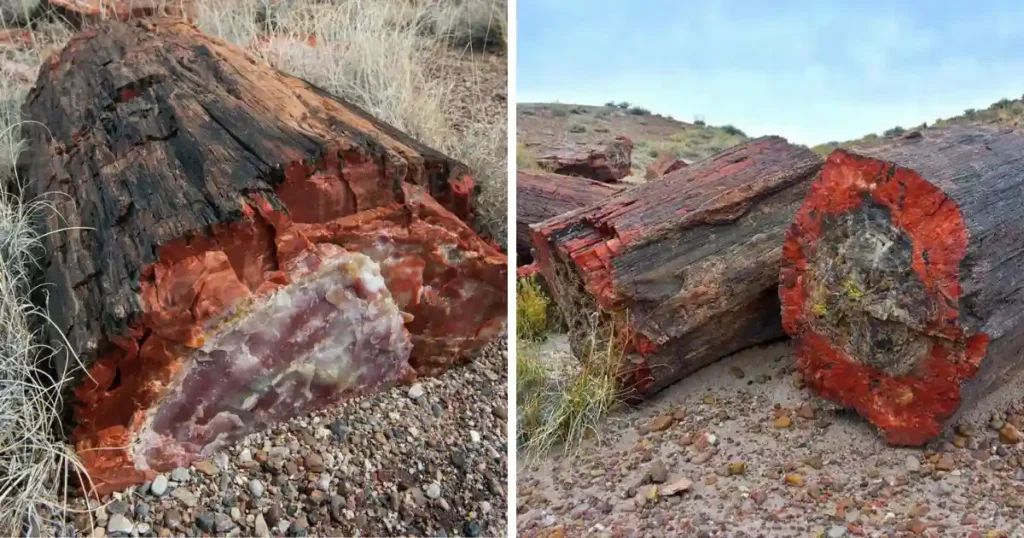Why did the psychic Baba Vanga predict the end of the “black gold” era?

Baba Vanga is known for her predictions on a variety of topics, including natural disasters, political events, and technological advances. Critics argue that her prophecies are symbolic or metaphorical, and we should take them as a reference rather than literal truth.
According to Baba Vanga, the era of “black gold” will come to an end in 2024. This prediction has been reported annually by some news outlets, allowing people to reflect on her forecasts.

A recent article by Expatguideturkey shared six of Baba Vanga’s prophecies for the world in 2024. One of her predictions suggests that the era of “black gold” (oil) is coming to an end, with new energy sources set to dominate.
Some believe this prediction alludes to renewable energy sources replacing the oil industry. What will the world be like when fossil fuel sources run out? And what is renewable energy?
The era of “black gold” may be ending.

Oil is an incredibly valuable resource for any country worldwide, playing a critical role in economic, technical, and everyday activities. However, scientists at the Tyndall Centre for Climate Change Research warn that oil is not an infinite resource. It takes millions of years to transform and produce crude oil, and with current consumption levels, we risk exhausting it entirely.
A clear plan to cease oil and gas production is crucial to prevent worsening global climate change. To maintain a 50% chance of limiting global warming to 1.5°C, oil and gas extraction must be phased out by 2050.
The Intergovernmental Panel on Climate Change (IPCC) confirmed in 2022 that continued reliance on fossil fuels negatively impacts the climate, causing harm to those least involved in climate change.
Given current consumption rates, it’s estimated we have around 50 years left to extract the remaining oil. This is based on global oil reserves of approximately 1.65 trillion barrels and an annual consumption rate of around 35.5 billion barrels, or 97 million barrels per day.
2022 was a challenging year for the global energy sector due to the energy crisis affecting most countries. The sanctions on Russia, one of the world’s largest oil producers, have disrupted financial, monetary, transportation, and material markets worldwide.
As a result, 2023 saw many countries working to reduce dependence on traditional energy sources and focus on renewable energy for self-sufficiency. Renewable energy has emerged as a timely solution to these challenges, making the end of the “black gold” era increasingly possible. Which energy sources will replace oil?
If you found this article thought-provoking, please share it with others interested in the future of energy.

